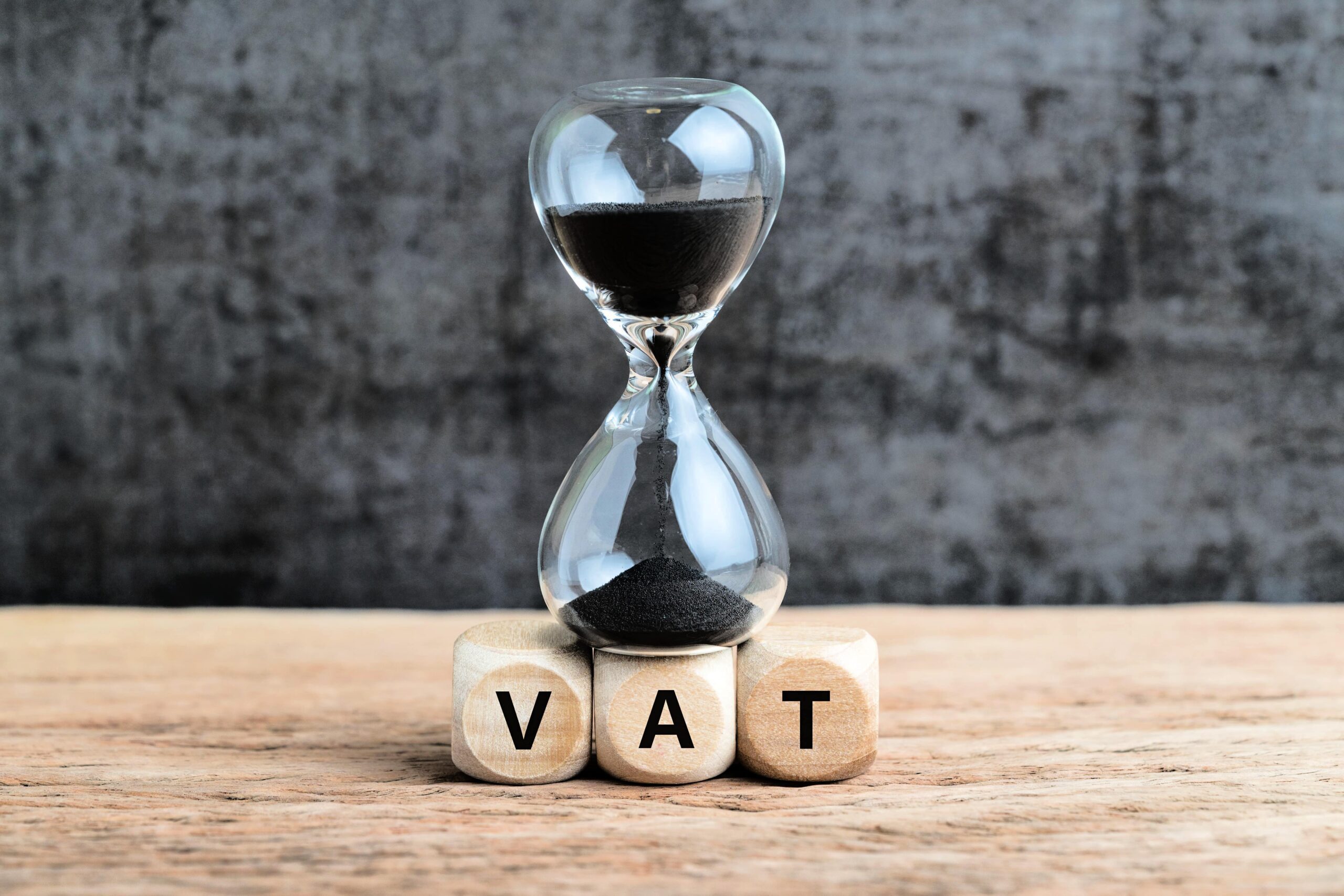New rules came into effect on 1st January 2023 adjusting the sanctions for late VAT filing, late VAT payments, and repayment interest. The new points-based system replaced the previous default surcharge, with the first monthly tax returns and VAT payments affected by the new rules due earlier this month.
The aim is for penalties to be more proportionate when businesses submit VAT returns late, or miss the VAT payment deadline. However, minor defects were since discovered in the legislation used to enact the new rules (Finance Act 2009–2022), so some further adjustments have been made.
These were announced in the Spring Budget 2023 earlier this month and take effect from mid-March. So, if your business owes VAT, you should be staying on top of your tax obligations if you don’t want to experience these penalties and interest rates first-hand.
How do VAT penalties and repayment interest work in 2023?
A new system for late VAT penalties and interest charges came into effect for VAT-registered businesses in the UK on 1st January 2023. The new measures work as follows:
Late VAT return submission – a penalty point is issued for every late return submitted, triggering a £200 penalty if a threshold is reached (e.g. 2 late annual submissions, 4 late quarterly submissions, or 5 late monthly submissions).
Late VAT payment penalty – if payment is 16-30 days late the penalty is 2% of the outstanding VAT at day 15 + 4% of the total outstanding amount; if it’s 31 days late or more it’s the previous penalty + 2% of the outstanding VAT at day 30 + daily interest until the balance is paid.
Late VAT payment interest – from the day that payment becomes overdue, interest is charged daily on the outstanding amount at the Bank of England rate + 2.5%; it will also be charged on penalties for late submission or payment until the total is paid in full.
VAT repayment interest – if you charged customers less VAT than you paid on your purchases, HMRC will usually repay this with interest at the Bank of England rate minus 1% (but not if you have outstanding/late VAT returns).
These penalties also apply to late submissions for zero-VAT returns and nil-VAT repayment returns.
Technical changes to VAT late payment penalties and interest
The Spring Budget 2023 announced a few minor changes to the new system of penalties and interest for late VAT submissions and payments, as follows:
Instead of charging interest 30 days from the assessment date, when HMRC assesses that money needs to be recovered from repaying a taxpayer too much, they will charge late payment interest from the date of the payment that was too high.
Customers using the VAT Annual Accounting Scheme will not receive late payment penalties or interest if a scheduled instalment is paid late. However, they will still apply to any ‘balancing payment’ that isn’t paid on time.
A provision for repayment interest on uncommenced VAT credits has also been removed from the Finance Act, as it is no longer needed under the new system.
The changes to penalties apply from 1st January 2023, while the changes to interest apply from 15th March 2023. The change to repayment interest applies from the Spring Finance Bill 2023’s date of Royal Assent.
These measures may affect any VAT-registered business that receives a late payment penalty, incurs late payment interest, or is entitled to repayment interest.
Use a bonded warehouse to defer VAT on imports
Combined with the move from the old Customs Handling of Import and Export Freight (CHIEF) declarations system to the new Customs Declaration Service (CDS) for importers last October (exporters have until this November to make the move), the overhaul of VAT penalties and interest could take some adjusting for VAT-registered businesses.
It may be no surprise, then, that many UK businesses are limiting their growth to avoid hitting the frozen VAT threshold and becoming liable for VAT – which is becoming more difficult to dodge due to soaring inflation. However, many businesses are still looking for ways to grow and thrive even in challenging economic circumstances – such as using a bonded warehouse.
If your business relies on importing goods from other markets into the UK, storing your imports in a bonded warehouse allows you to keep them safe and even prepare them for distribution without having to pay VAT. It’s effectively a customs suspension zone, so your business has time to organise your financial admin before VAT becomes due when the imported goods leave the warehouse and enter the UK market.
At John K. Philips, our bonded warehouse in North West England is conveniently located close to major sea ports, airports, and motorways for easy importing, exporting, and transporting throughout the UK as needed. If your business could benefit from our services, be sure to contact John K. Philips by calling 01744 751 000 or submitting an enquiry form today.


